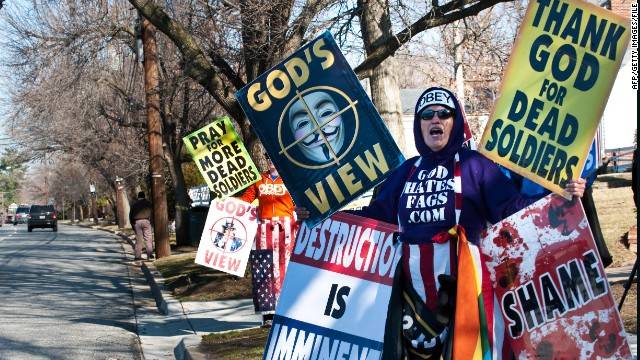BrokeLoser
Diamond Member
Your comment about "food, shelter, healthcare and education being basic human rights" is why you're being accused of being a communist. So, consider this...I would fall left of center, but not by a whole lot. I do like classical liberalism (supposedly the foundation of libertarianism, no?), but I do think it is correct to petition our government to ensure not just the simple individual rights of existence and possession, but also of quality of life. I do think we should have publicly funded education, healthcare, and elections. I think our espousal of capitalism generates more than enough wealth to accomplish these things that I feel are the very basics of human existence. I believe every human has a right to the basics of food shelter, and healthcare, and education.
So, call me a libertarian that doesn't hate government, but also does not "trust" government any more than I trust the people who invent and reinvent it every day. I believe in the rule of law, and I do not believe in thought crimes. I think suppression of terrible opinions neuters our society and removes our tools for meeting bad ideas head on with better ideas.
So, you tell me... what am I?
Right = something that everyone should/has to be afforded.
If everyone is afforded it, where does it come from? Who provides it? The simple answer is "society."
Therefore, society is responsible for providing everyone with the basic needs of food, shelter, healthcare and education.
Furthermore, since those are all "rights", someone is afforded them regardless of whether or not they've contributed to the society in a manner equal to or exceeding the affording of said rights.
If i were to summarize that, i might say "from each according to his ability, to each according to his needs."
Has Fort Fun Indiana addressed your post?
I haven’t read through the entire thread yet but I’d guess he/she will pretend to have conveniently “skipped” over it.

